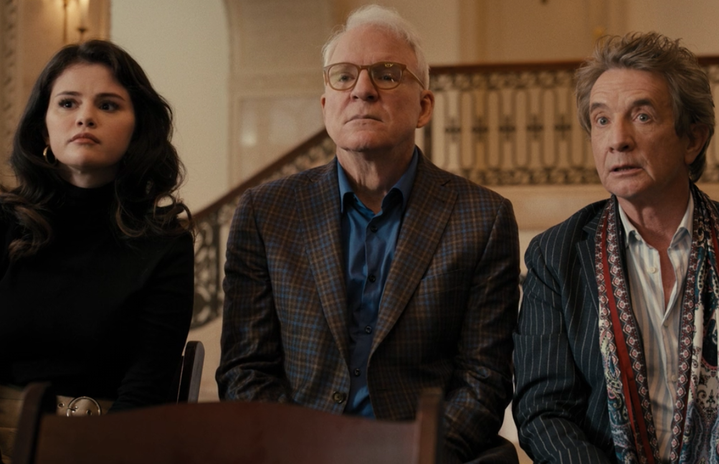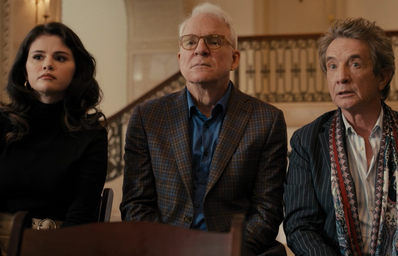“Every true crime story is actually true for someone.”
I consume a lot of true crime.
From binge-watching Kendall Rae on YouTube, to reading books that are straight-up based on gore, politics, and death, I am no stranger to true crime. Especially now more than ever, it’s not hard for me to find a new series or movie to watch, or a podcast to listen to on my daily commute. I am fascinated by the darkness that exists around us, and the urgency of stories that come out of it. Because if we didn’t listen and become active citizens, then no change would ever be made.
The emergence of true crime on the internet has led to an abundance of cases being investigated, reopened, and even solved. Web or Internet Sleuths, people who perform detective work by scouring the internet for information, have solved and investigated a variety of cases, leading to closure and victory for many survivors and their families. But with every good, comes the bad, which begs the question: Has true-crime entertainment blurred the lines of ethics, impartiality, and desensitized reporting?
This is exactly what the TV show, Only Murders in the Building, attempts to answer. When we delve into a case, we often forget that these are real people, and they are dealing with real emotions. This isn’t just a work of fiction we can devour for a couple of episodes or seasons – true crime is always true for someone. Thus the question becomes: When do we stop consuming and creating true crime content?
The show begins when three neighbours are bound together by their love of podcasts and true crime, investigating what they believe to be a murder in their building. Charles (Steve Martin), Oliver (Martin Short), and Mabel (Selena Gomez) team up to solve the death of their estranged neighbour, Tim Kono (Julian Cihi). The police have already closed the case: a classic suicide. But the unlikely trio is determined to form leads and solve the case, even if it means endangering their lives.
Only Murders investigates the life of the deceased by violating his privacy and picking at his flaws– all for the sake of his justice, right? Tim’s personal histories and imperfections are aired in order to find his killer while invading his right to be, simply, dead. The show teaches us that respect in true crime is often neglected and that not all victims are saints. Content creators and internet sleuths will treat the dead like pawns in their game in order to obtain any information that could lead to the killer. Respect and patience in our digital lives have been ignored in reporting true crime. From TikTok conspiracy videos on your For You Page, to Reddit threads attempting to expose someone.
Let’s not forget who has the right to tell these stories. Because at the end of the day, some corporation or person is profiting off of the horrors of someone’s life. Only Murders explores this topic, as the trio scrambles to find a sponsor for their podcast. It demonstrates how three ordinary people can make thousands of dollars from just one episode. Yet, the looming question prevails– is it ethical to make a profit from someone’s trauma? True crime entertainment has desensitized us to raw cases, with only one intention in mind: to find ways in solving them. This makes it hard to be impartial and unbiased when you’re caught up in someone’s life, especially when you’re on a tight deadline from your sponsors. This is exactly why it’s crucial to focus on facts over theories, to treat the victims and survivors with respect, and understand that this is all true for someone.
The next time you’re listening to or watching your favourite true-crime series, ask yourself how you can be a better activist and avid participant. While we only get a glimpse into true crime for some minutes or hours, someone out there has to live with this for the rest of their lives.


